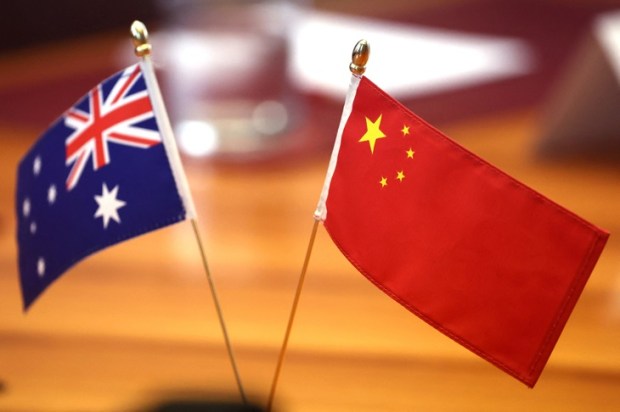Project Fear became in the end, as Daniel Hannan described it, ‘Project Sneer’. The massed legions of banks, multinationals, the President of the United States, media elites, threats of World War III or the disintegration of Nato – or the complete collapse of western civilisation a la European Council President Donald Tusk – weren’t enough to persuade the British people to stay in the European Union.
This should have been obvious by induction. If David Cameron really believed that a Brexit vote might lead to the continent once again devolving into a miasma of slaughter, he would have never allowed a vote to take place. Such petty fear mongering rarely resonates with any force.
A campaign largely characterised on all sides by startling negativity featured a Remain side who were seemingly disgusted and contemptuous with large swathes of the British public, continually dismissive of their concerns over the downward pressures of globalisation and unprecedented mass immigration.
Caricatures of ‘Brexit’ supporters as nothing more than xenophobic morons, a cousin of the Donald Trump supporter, shouldn’t have surprised anyone. Australia’s own Sarah Hanson-Young chipped in with her two cents: ‘Brexit proves how dangerous the fear peddled by hyper-conservatives and anti-immigration parties can be.’
How unfortunate it is that politicians can’t throw out their constituents and elect another.
The journey ahead is one surrounded with pitfalls of inertia. The resolution was, of course, non-binding and advisory, and the time ahead until David Cameron’s successor, Theresa May, will trigger Article 50 of the Lisbon Treaty are filled with questions that have no immediate answer, and ultimately bring no certainty that Great Britain will ultimately leave the Brussels project.
For what it’s worth from a Brit who’s lived in Australia for just over a decade, I’ve always been in favour of ‘Leave’.
The ability of a country like Britain to be governed by its own laws and institutions, forged through a continuous historical process of trial and error, and paid for with much blood and treasure, is, in and of itself, a deeply desirable outcome. Continental law is fundamentally incompatible with British common law, overriding basic protections enshrined in the Magna Carta and the principle of habeas corpus, as seen in the shambolic treatment of Garry Mann in 2010, that was by any account an utter disgrace, with British courts powerless to prevent his extradition and subsequent imprisonment after a shambolic ‘trial’.
On the other, the European Union is an entity that combines competing and contradictory aspirations. The clear economic benefits of the single market are hampered by the oscillation of the EU between crises: the Eurozone fiasco, and simple questions of political legitimacy. Often, they go hand-in-hand. The elected leaders of European states – as with the Syriza government in Greece – often have to choose between the will of their constituents, and the will of Brussels. A bloated Brussels bureaucracy and deepening democratic deficit are alienating Europeans across the continent, who look to Brexit as a model for their own countries.
With market volatility stabilising when investors were satisfied that a ‘Leave’ vote had left Nato standing and Western civilisation intact, all the work of the Brexit team lies ahead of them.
Bluster and scare-mongering that Europe will ‘punish’ Britain has obfuscated the fact that Britain has far more manoeuvrability in negotiations than Remainers – or what Peter Hitchens calls the Bad Losers Alliance – will immediately admit. The theatrics of Jean-Claude Juncker are irrelevant. His calls for Britain to immediately begin divorce proceedings carry no real power: Britain may choose the road ahead, at a time and pace of its choosing. As Liam Halligan has written for this fine publication, it is the pragmatic Angela Merkel who ultimately steers the ship, not Juncker, and her immediate comments after the Brexit vote called for calm, and cooperation.
Britain requires leadership and deft statesmanship if it is to truly begin to make its own way in the world for the first time in decades. Questions will linger over Britain’s continued access to the single market (or lack thereof), on immigration, and so on. The truth of the matter is, that nobody will actually know the answers to these for some time.
Joseph Power is a member of the Executive Council of the Australian Institute of International Affairs
Got something to add? Join the discussion and comment below.
Get 10 issues for just $10
Subscribe to The Spectator Australia today for the next 10 magazine issues, plus full online access, for just $10.

























Comments
Don't miss out
Join the conversation with other Spectator Australia readers. Subscribe to leave a comment.
SUBSCRIBEAlready a subscriber? Log in